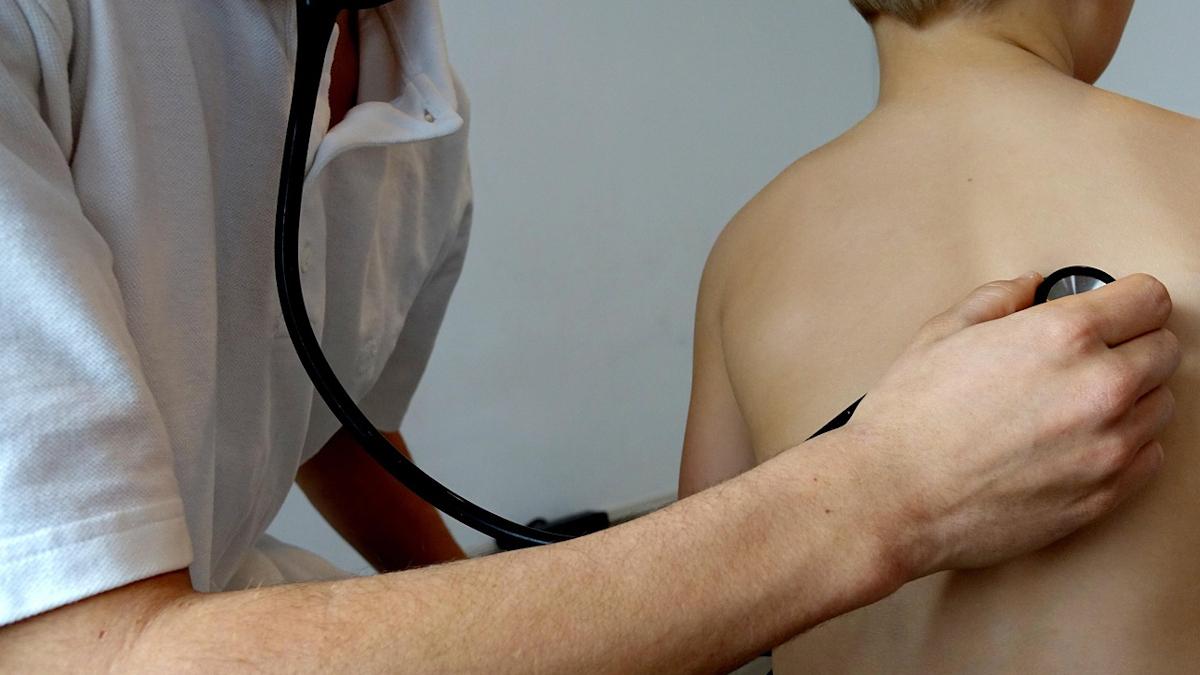CARGO eyes $300m IPO against lacklustre listings backdrop

CARGO Therapeutics has said it plans to offer around 18.8 million shares in the latest bid by a biotech to list on the Nasdaq, amid a desultory year for initial public offerings.
The San Mateo, California-based company is hoping to sell the shares at $15 to $17 apiece, and if it hits that target could raise more than $300 million from the IPO, which would make it one of the largest of the year to date for the sector.
So far, the largest private biotech IPOs this year have been for Acelyrin ($540 million), RayZeBio ($311 million), and Apogee Therapeutics ($300 million). There have been in the region of 18 IPOs, well below even pre-pandemic levels, and most new entrants have struggled to maintain their initial valuations.
If it goes through at the top end of its offering range, CARGO would end up with a valuation somewhere north of $650 million. It plans to list on the Nasdaq under the CRGX ticker.
The biotech is a specialist in the development of CAR-T cell therapies for cancer, with an autologous candidate codenamed CRG-022 in phase 2 testing. The CD22-targeting therapy is being tested in a potentially pivotal trial in patients with large B-cell lymphoma (LBCL) whose disease relapsed after or was refractory to CD19-directed CAR T-cell therapies, with results due in 2025.
LBCL is the most common type of non-Hodgkin’s lymphoma (NHL) in adults, accounting for around a third of the 77,000 new cases diagnosed in the US. CD19-based CAR-Ts approved to treat LBCL include Gilead Sciences’ Yescarta (axicabtagene ciloleucel), Novartis’ Kymriah (tisagenlecleucel), and Bristol-Myers Squibb’s Breyanzi (lisocabtagene maraleucel).
The technology underlying CRG-022 is licensed from the National Cancer Institute (NCI) in the US, and according to the company’s IPO prospectus, addresses limitations in current CAR-T therapies with regard to safety, durability, and ease of manufacturing and supply.
CRG-022 is also in an investigator-led phase 1 study led by researchers at Stanford University, with preliminary results from 38 patients treated to date showing an overall response rate of 68%, including 53% complete responses and a median overall survival running above 14 months.
Proceeds from the IPO will go towards the phase 2 trials of CRG-022, internal R&D activities including additional product candidates, and general corporate expenses. The company, which was set up in 2019, raised $200 million in an upsized Series A financing that closed in March.













